"No Chance:" Russian Deserters' Stories in Kazakhstan
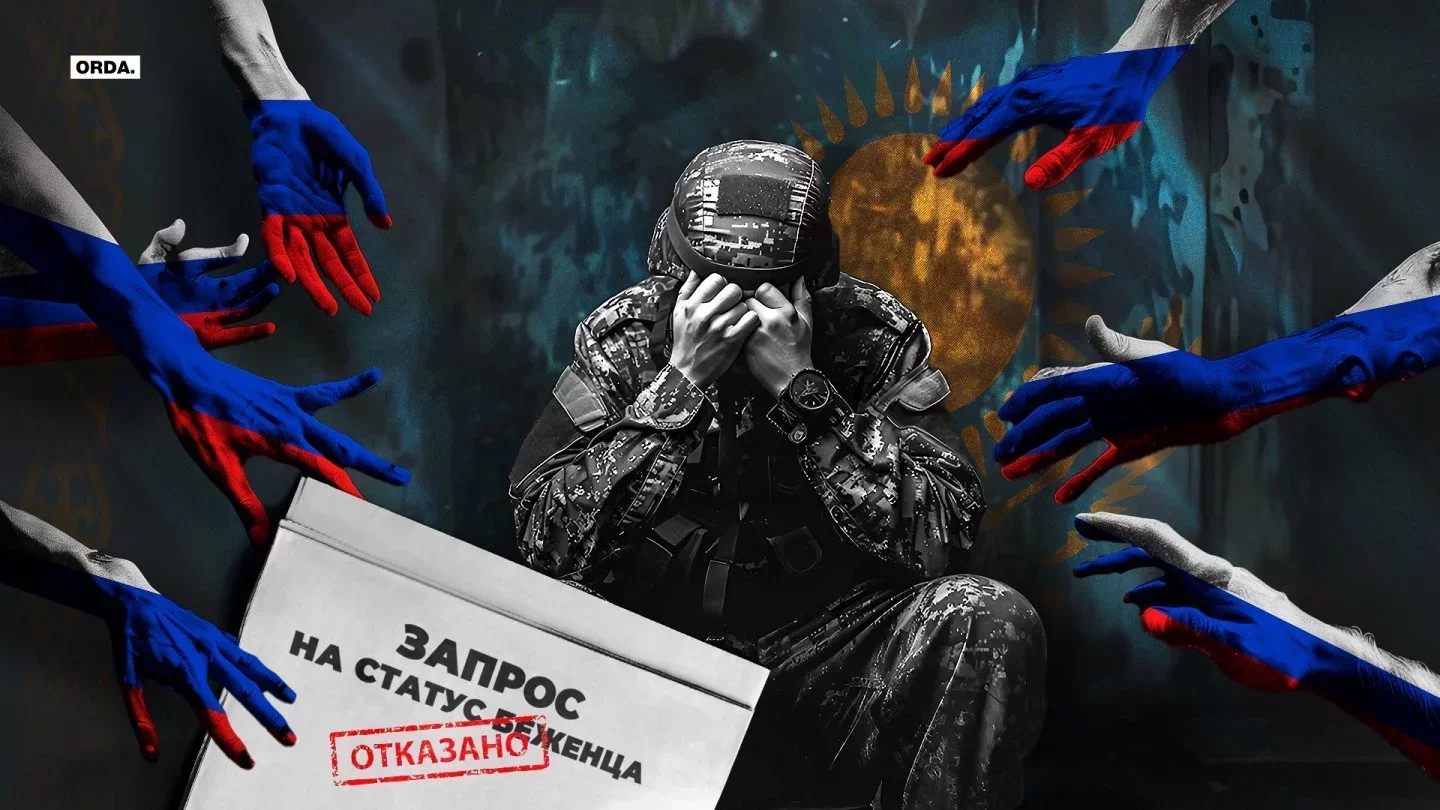
Many Russians who did not want to go to war found refuge in Kazakhstan. Among them were deserters who had abandoned the Russian military's ranks. They did not know that even in Astana, Moscow could reach them.
Orda.kz has looked into the matter.
No Extradition from Astana?
On July 15, a 25-year-old Russian named Ivan, who had flown to Armenia from Aqtay, was detained in Yerevan. Ivan is a former soldier who sought refuge in Kazakhstan. He is wanted in Russia on criminal charges.
Before Ivan's departure, at the end of 2022, Mikhail Zhilin, an officer of the Federal Security Service who had fled the war, was deported to Russia. And in April 2024, Russian security forces detained Kamil Kasimov, another former Russian serviceman who had found refuge in Astana.
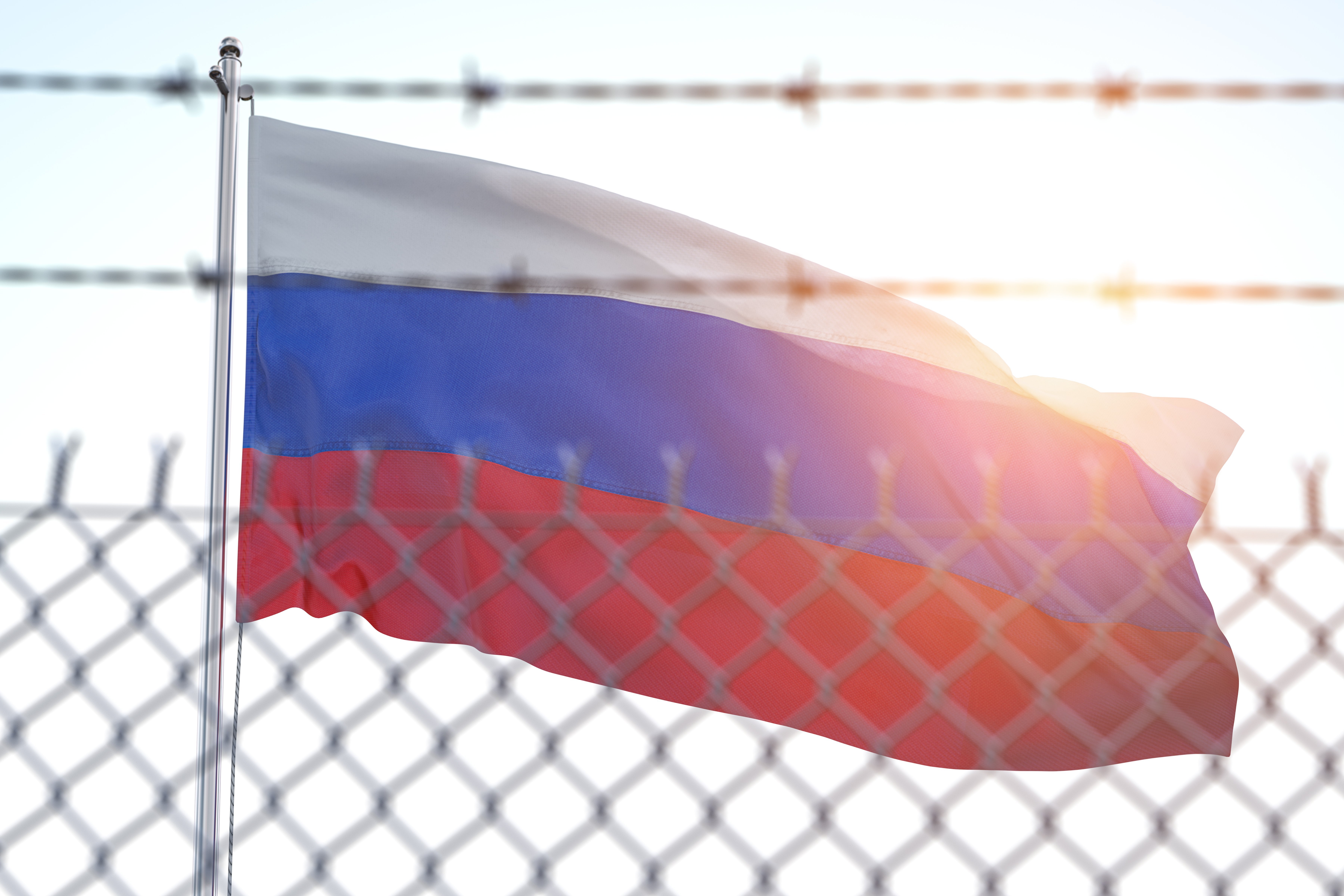
Mikhail Zhilin is currently serving a prison sentence in Russia. It is unknown what happened to Kamil Kasimov: according to human rights activists, he is being held by the Russian security services.
Kamil, according to our information, is in a Russian military unit in Priozersk, Karaganda region. This unit is not very well known - Russia leases this territory from Kazakhstan. Kamil was taken there from Astana; we asked to open a criminal case on the grounds of kidnapping. We are still waiting for the result, says human rights activist Artur Alkhastov, who heads the Astana KMBHR branch
Conscience
There are currently 12 to 15 former Russian servicemen in Kazakhstan who deserted after the war in Ukraine began. Among them are mobilized soldiers, contract soldiers, and career officers. These are mostly young people born in the 1990s. For most, Kazakhstan is a temporary refuge, and they seek to move to Europe.
We call them deserters, but we must understand that these people refused to participate in the war for reasons of conscience. Several of them requested refugee status in Kazakhstan but were refused what I consider to be unmotivated refusals, says Artur Alkhastov.
Kazakhstan was the only place many could escape to. According to Russian law, military personnel have their travel passports taken. Russians can only enter a few countries with their internal passports: Kazakhstan, Armenia, Belarus, and Kyrgyzstan.
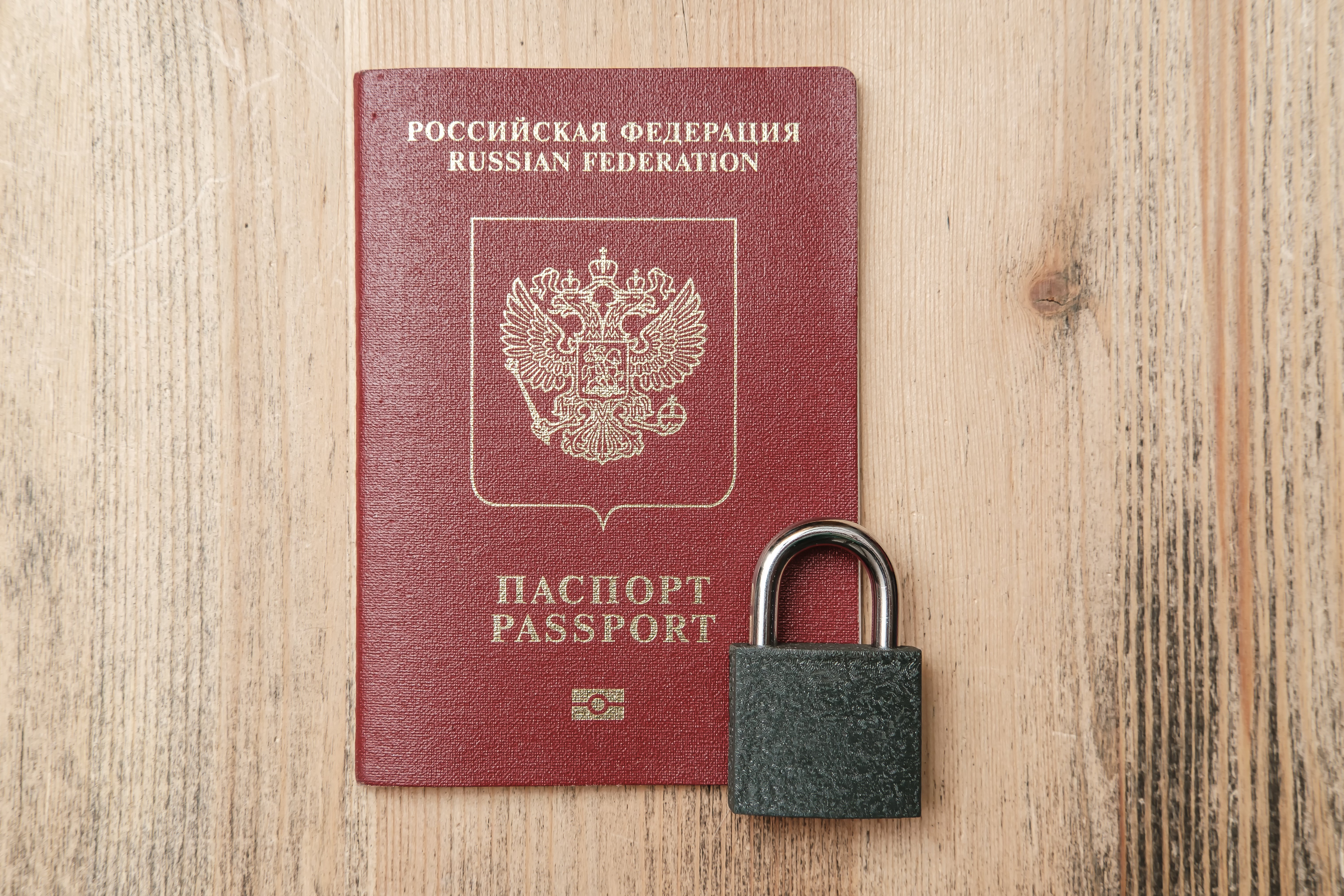
Kazakhstan seemed the best option. President Qasym-Jomart Toqayev refused to recognize the self-proclaimed “DPR” and “LPR," has called for both sides to reach a peaceful settlement, and stated that Kazakhstan respects Ukraine's territorial integrity in his 2022 article for "The National Interest."
Ivan Chuvilyaev is a press attaché for the project “Idite Lyesom” which helps Russian military deserters from leave the country and settle abroad. According to him, fugitive soldiers once considered Kazakhstan a haven.
We have very few cases related to Kazakhstan. They were at the very beginning of our work, in late 2022 - early 2023, but most deserters go to Armenia. Firstly, it is easier; secondly, and most importantly, we had people in Kazakhstan, and each time, they were much more at risk of being extradited or kept under surveillance. Therefore, not everyone decides to go there. Deserters themselves do not perceive Kazakhstan as a safe place,said Ivan Chuvilyaev.
Most avoid talking to journalists. They conceal their names, move frequently, and register their mobile numbers and bank cards in other people's names. This helps them blend in but does not guarantee that Russian security services will not track them down, as in the case of Kamil Kasimov. Some deserters become defendants in cases of illegal border crossing. Kazakhstani human rights activists believe that these cases are legally incorrect.
It's one thing when a person has crossed the border illegally and then tried to live or work here illegally. There should be liability. It's another thing when a person runs away without documents, money, or property and turns to our authorities: 'help, help.' What kind of guilt in illegally crossing the border can we talk about when a person comes to ask for asylum? asks Pavel Kochetkov, a human rights activist from Oral.
"I Also Saw Military Action"
Most of those who fled to Kazakhstan have no actual combat experience. Mobilized reservists left their units before reaching Ukraine. However, there are exceptions - career officers who served in the Russian army during the invasion and participated in the "exercises" that preluded the war.
One of them is Roman Nikonov (name changed). He was in a Russian military group that invaded Ukraine from the south, from Crimea. Officers could not refuse to participate in the war. Roman tried to resign from the army in February 2022, but his request was not accepted.
I was an active officer in the Russian army. I studied for five years at a military school, received a rank, and was sent to one of the regions of Russia. I served there until the war began. My unit, in full force, participated in the invasion, and I was no exception. We moved around quite actively, and I also saw combat operations,
recalls Roman.
Roman would eventually return to the unit to resume his attempts to be discharged. He had relatives in Ukraine and had no desire to participate in the war. However, resigning from the Russian army became virtually impossible after the invasion began. Even an ordinary contract soldier needed permission from a unit commander to do so, and officers were only given discharge orders in Moscow at the Ministry of Defense. Legal resignation from the army was allowed on three grounds: upon reaching the maximum age for service, for medical reasons, or after a criminal case had been initiated.
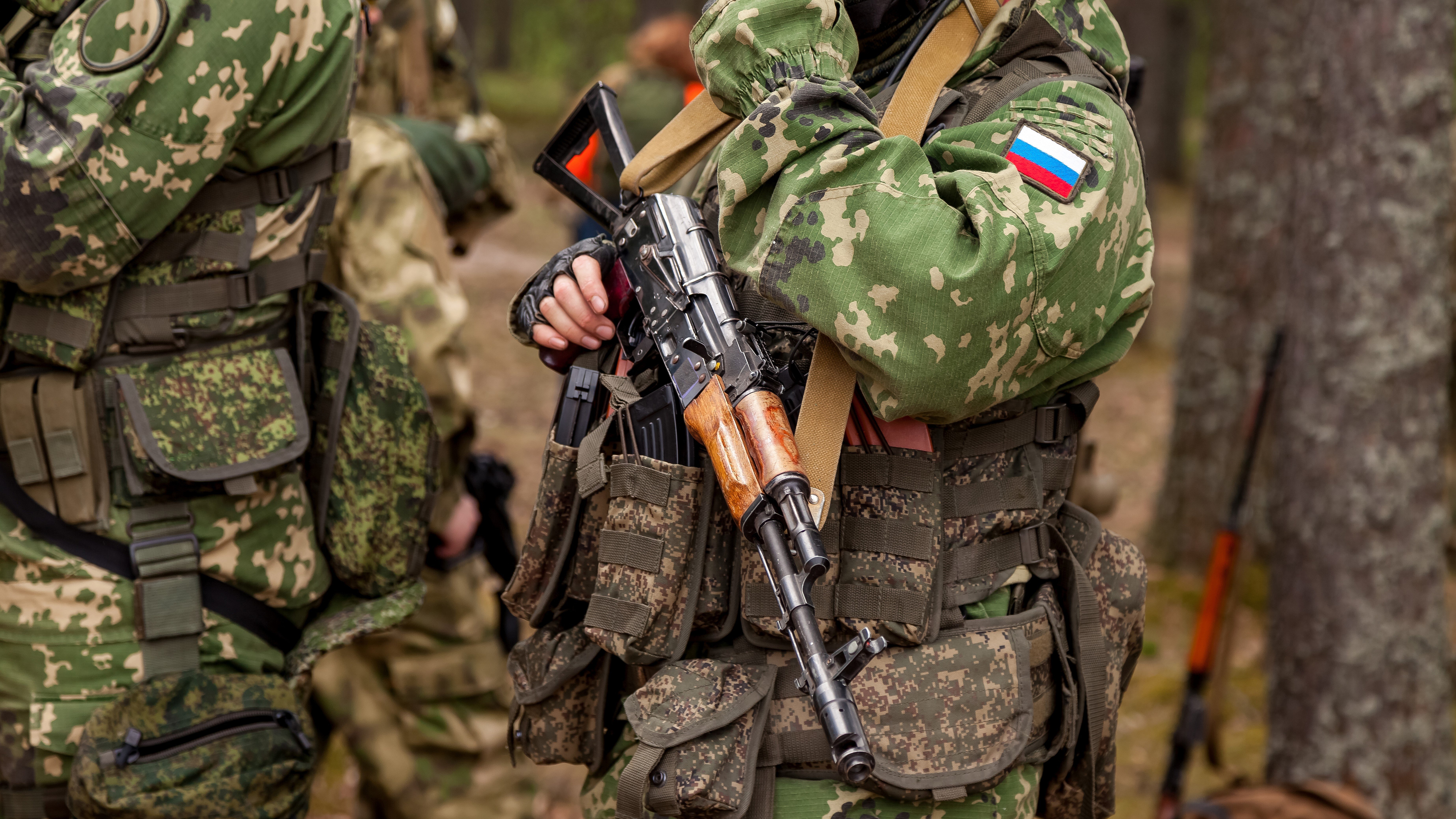
None were options for Roman, who realized that the only solution was to flee Russia. He chose Kazakhstan because it could be entered with a Russian passport, and border control was still formal then. In September 2022, Roman left Russia and crossed the border into North Kazakhstan.
I counted on luck. I passed through the border posts legally - both on the Russian side and on the Kazakh side. I prepared a cover story that I was traveling as a tourist, I had return tickets, a hotel booked. At that time, many were already leaving Russia, so I managed to blend in with the crowd. When asked whether I had served or not, I simply answered that I had not - no one asked for any confirmation or certificates,recalls Roman Nikonov .
Roman had no relatives or acquaintances in Kazakhstan. He started looking for contacts of human rights activists, moved to Astana, and collected documents for political asylum. But he was refused:
It turned out that a Russian deserter has no chance of receiving refugee status in Kazakhstan. The first time I was refused was just three months later, in December 2022, with utterly incomprehensible wording. For some reason, the Astana Social Services Department referred to the Constitution of the Russian Federation and indicated that I "am obliged to take part in military operations, defending my country." They did not answer my question about how one can defend one's country on the territory of another state. I still do not understand why the Kazakh authorities referred to Russian legislation, says Roman.
Roman challenged this decision and re-applied for refugee status. During the review, the officer could legally reside in the country. But in May 2024, he was denied again. By then, a criminal case had been opened against the deserter in Russia under the article on unauthorized abandonment of a unit.
Human rights activists eventually helped Romann avoid extradition to the Russian Federation. They helped him obtain documents for departure to a European country. He is in Europe, where they are ready to grant him refugee status.
No One Leaves
Igor Sandzhiev from Kalmykia had a different turn of events. Igor, 48, was mobilized in Elista the day after Russian President Putin issued the corresponding decree.
On September 22, they called me and asked me to come to the Elista military registration and enlistment office, supposedly to verify the information. I came, and many others did, too. The military commissar came out to us and said that, according to the decree, we were mobilized. 'Tell your family and friends that you are leaving - we will not let anyone leave; whoever leaves will be considered a deserter.' There was an uproar, and people showed their military cards - who was fit and who was not. The military commissar replied that there would be a medical commission in Volgograd, where they would answer all questions. In the evening, people from other regions of Kalmykia were brought to Elista, and we all went to Volgograd, recalls Igor Sandzhiev.
Igor admits that he went to the military registration and enlistment office because he did not believe that, at such an age, he would be sent to fight. But he was quickly registered as a driver mechanic and enlisted in an artillery division. For several weeks, Igor was intensively prepared to be sent to Ukraine.
I fled the unit in November when the "training" was underway. It boiled down to us memorizing the regulations, listening to political speeches about the so-called SMO and the "liberation" of the neighboring country from the so-called Nazis. Running, crawling, marching. Most of my fellow countrymen from Kalmykia ended up there for selfish reasons - some wanted to pay off loans, others were tempted by the high salary. And I secretly ran away at night, says Igor.
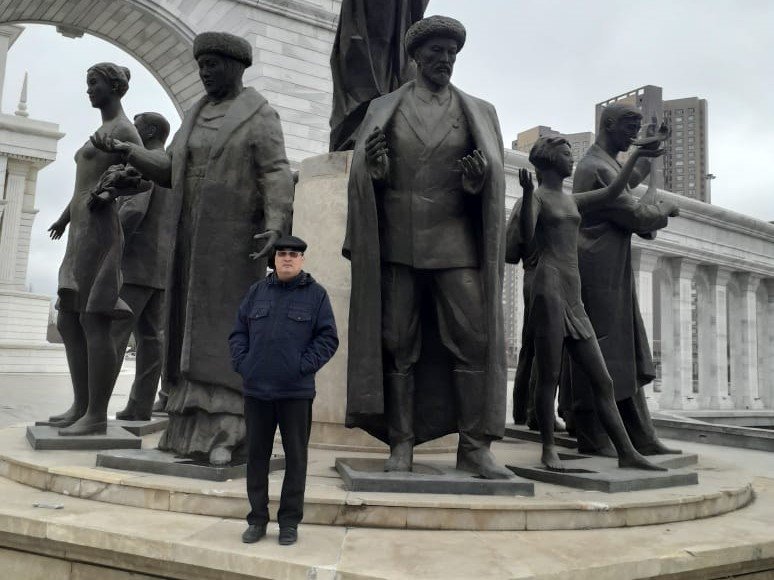
Igor first fled to Volgograd and from there to Elista. He stayed in his hometown for a week; searches for him eventually followed, so he went to Moscow. There, Igor tried to contact foreign embassies but was afraid that Russian security services would track him down. Fearing surveillance, Igor first went to St. Petersburg, then to Belarus, where Belarusian KGB officers detained him. The man was held in Belarus for a month and then sent back to Moscow.
By that time, I had already been put on the wanted list in Kalmykia. A car with operatives was sent from Elista to Moscow, 1,500 kilometers away, to detain me. The military police picked me up from Elista and took me to Volgograd at night. There, I was placed under watch. I was watched by other mobilized soldiers who were preparing to go to Donetsk, says Igor Sandzhiev.
Igor does not describe in detail how he escaped the second time. In March 2022, he stealthily crossed the border near Lake Elton in the Volgograd region. Igor reached Oral, where he would lay low for a whole week. Only then did he begin to look for a way to contact local human rights activists.
I went to apply for asylum. I was kicked out of the employment department, all the authorities in Oral were informed about me. I was detained by border guards, a criminal case was opened for illegal border crossing. I was given a suspended sentence with deportation. But I applied for refugee status, so the execution of the decision was postponed,says Igor.
Unlike Roman, Igor refused to leave for Europe, although he was offered to move to an EU country.
"I received guidance from human rights activists from Kalmykia. They promised to help me leave for Europe, but right before my departure, it became clear that no one would give me any guarantees. These people also demanded that I make political statements in favor of Ukraine, that I publicly support the idea of Kalmykia's independence, of overthrowing Putin. I said that I do not participate in such things. That's where we parted ways, says Igor Sandzhiev.
Igor is waiting for the Supreme Court's decision on his petition. He does not keep in touch with his relatives in Russia. During his entire stay in Kazakhstan, religious organizations mostly assisted him, but their capabilities were limited. Igor gets by with odd jobs, tries to save money to move to Astana, and hopes caring people will be willing to support him financially.
Let Bygones Be Bygones
According to lawyers, Kazakhstan's law enforcement agencies understand the situation the Russian deserters face. They will not confront the Russian security services directly, so the story of Kamil Kasimov may happen again.
Human rights activist Pavel Kochetkov is confident that Kazakhstan has every reason not to extradite Russian deserters. After all, the status of an asylum seeker does not provide any benefits or privileges - not even the right to work.
Even if they are not granted refugee status, according to the Convention against Torture, to which Kazakhstan is a party, we cannot extradite people if there is a concern that they may be subjected to torture or mistreatment in their home country, emphasized Pavel Kochetkov.
There has not been a case where a deserter from the Russian army obtained refugee status in Kazakhstan. These people exist in a grey legal field. Formally, they are wanted and have few legal opportunities to protect themselves from extradition to the Russian Federation.
Russian law enforcement agencies are trying to put pressure on their families in Russia. They may try to contact them through their parents, brothers, sisters. Sometimes they write something like: come back to Russia, we will forgive everything... But the young men understand perfectly well that they will not be put in prison only if they themselves immediately agree to go fight against Ukraine,says human rights activist Artur Alkhastov .
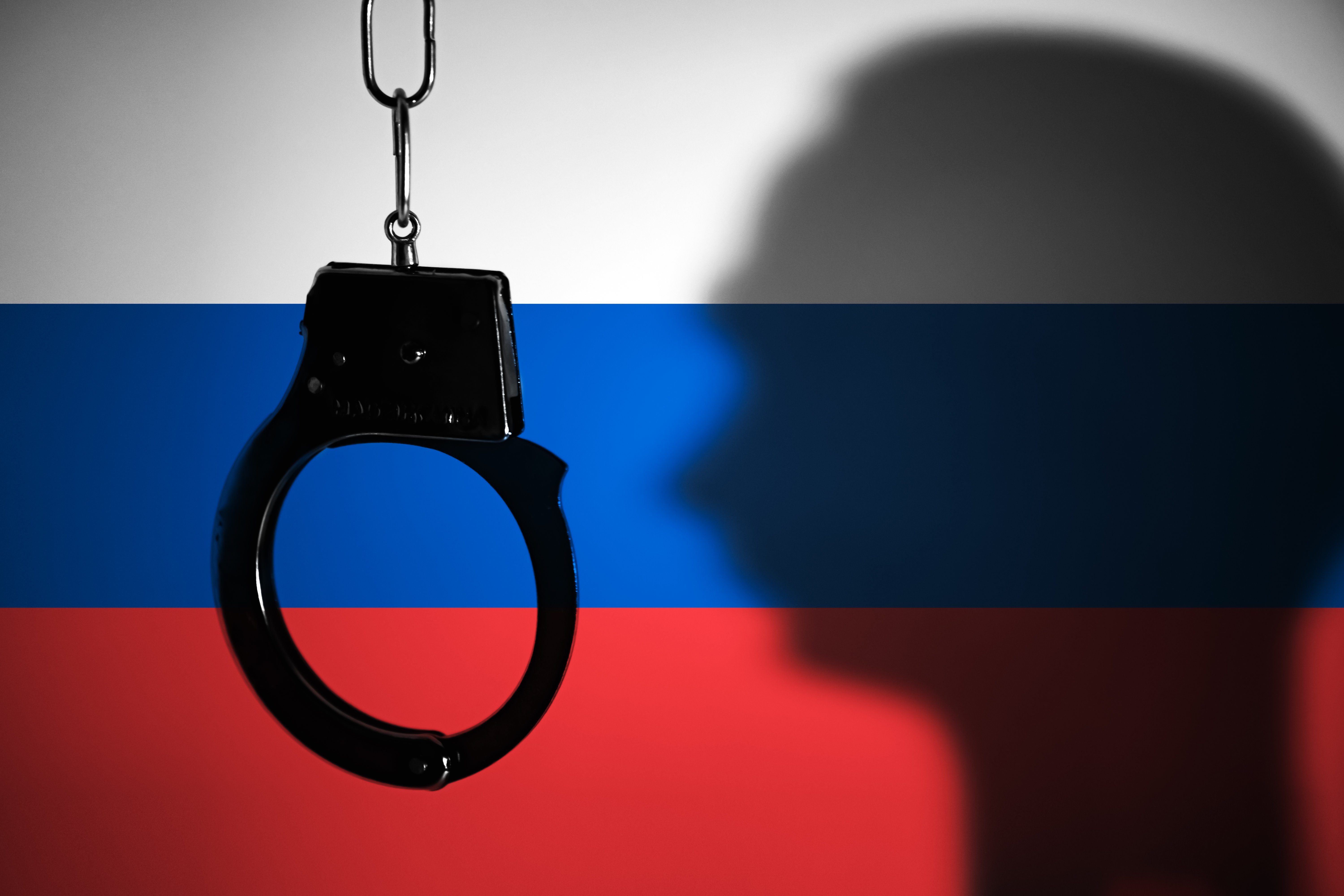
Punishments for unauthorized abandonment of a unit and desertion in Russia were considerably tightened after the start of the war.
Our people understand everything perfectly well. If you ask whether a Russian man is obliged to go fight in Ukraine, anyone would probably say: no, he is not obliged. But our justice system is still not ready to sidestep this bureaucratic moment: there is a decree on mobilization, it is signed by the President of the Russian Federation. Therefore, it is an obligation. Formally, everything is according to the law, but this does not make the war fair. Therefore, to my great regret, these young, healthy men with life experience, who are also smart, cannot stay here. Although some truly want to. As a citizen of Kazakhstan, I am even a little ashamed because they are not criminals; they deserve the right to live, and they do not request either apartments or benefits. They just want to be given a legal status, which guarantees that they will not be extradited to Russia tomorrow. And they are not given this status, concludes Artur Alkhastov.
Original Author: Nikita Drobny
DISCLAIMER: This is a translated piece. The text has been modified, the content is the same. Please refer to the original piece in Russian for accuracy.
Latest news
- Kazakhstan Lifts Gallium Export Duty
- Chinese Firm Proposes to Fund New Port and Logistics Hub in Mangystau Region
- ForteBank Stock Soars on Home Credit Deal, Then Plunges 30% in a Day
- Coins Believed to Be Tied to Kairat Satybaldyulyuly to Be Auctioned
- Ukraine’s Military Intelligence Chief Says Ceasefire Should Come Before Year’s End
- Kyrgyz Citizen Fined in Kazakhstan for Carrying Banned Book Across Border
- Trial of Former Financial Police Officers in Khorgos Case No. 1 Closed to Public Over State Secrets
- Kazakhstan to Ban Outdoor Currency Rate Displays at Exchange Offices Starting September
- Armenian Court Orders One-Month Detention for Tashir Pizza Executive Amid Ongoing Investigation
- Kazakhstan May Require Banks to Offer Deferrals to Socially Vulnerable Borrowers
- Almaty Utility Pursues Debt Collection for Unpaid Heating and Hot Water Bills
- Kazakhstan and Afghanistan Sign Railway Memorandum
- Kazakhstan's National Bank Keeps Interest Rate at 16.5%, No Cuts Expected Until 2026
- Vyacheslav Kim Finalizes Purchase of Alatau City Bank
- Wild Arman Associate Detained in UAE Over Alleged Role in Qantar Riots
- Ulytau Region Akim Sues Woman for 495,000 Tenge Over TikTok Video
- Ukrainian Entrepreneurs Move to Buy BTA Bank from Kazakh Businessman Kenes Rakishev
- Kazakhstan’s Foreign Debt Hits 170.5 Billion USD in Q1 2025
- Regulator Flags Pricing Issues in Yandex Go Audit, Company Ordered to Adjust Policies
- Azattyq Prepares Lawsuit Against Kazakh Foreign Ministry Over Denied Press Accreditations

